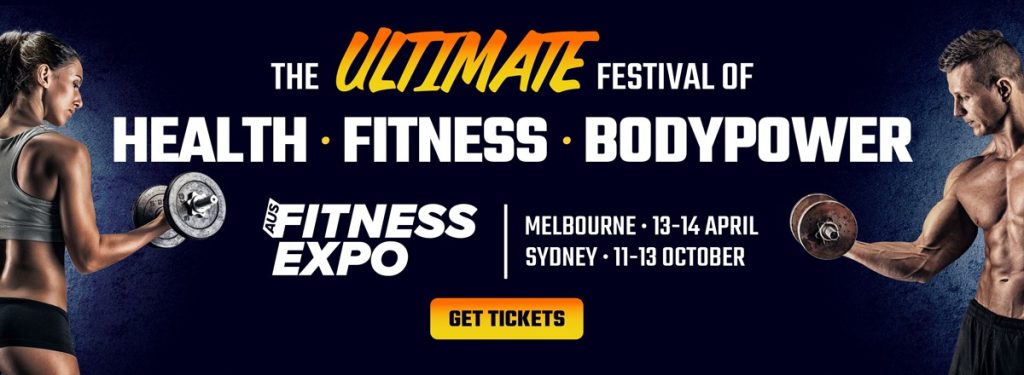If you have clients who complain of ongoing symptoms, it may pay to explore the likelihood of it being coeliac disease.
Coeliac disease is very common and affects approximately 1 in 70 Australians but alarmingly only 20 per cent of those are diagnosed. But why is this?
Coeliac disease is such an under- diagnosed condition because it presents itself in a wide variety of ways. Often people have many symptoms, which seem unrelated. Let’s be realistic, at times almost everyone suffers from diarrhoea or constipation, headaches, tiredness, stomach pains and bloating (just to name a few symptoms). This is okay if they are short lived but if they are ongoing or frequent then it may be time to do some investigations. To further complicate things, it is possible to have coeliac disease with no symptoms.
Coeliac disease is an autoimmune condition, which means the body produces antibodies that attack its own tissues. For people with coeliac disease, this is triggered by gluten – a protein found in wheat, rye, barley and oats.
Diagnosis of coeliac disease is straightforward – a simple blood test is the first step. If positive – a referral to a gastroenterologist for a small bowel biopsy – a day procedure under a light anaesthetic is the final step. Coeliac disease is a genetic condition; it is highly recommended that first-degree relatives are screened for the condition.
The good news is that coeliac disease is treatable by removing gluten from the diet for life. There is currently no cure and the only prescribed medical treatment is a strict gluten free diet. It sounds overwhelming at first, but can be easily self-managed with education and support from Coeliac Victoria and Tasmania. The reward – improved health, and in most cases, a whole new lease on life.
If you think a client might have coeliac disease, encourage them to ask their doctor for a blood test while they are still eating gluten. It is imperative that they continue eating gluten-containing foods throughout the testing period or the test results may be affected.
Knowledge is the key ingredient to a successful outcome once a diagnosis has been made. Contact your state Coeliac Australia support centre – 1300 458 836, or check www.coeliac.org.au for further information about symptoms and diagnosis.

To obtain the best from your clients its worth encouraging them to ask them the question “Could it be coeliac disease?” and if the answer is ‘yes’, have them seek advice from their doctor BEFORE they begin trying a gluten-free diet.
Article written by Coeliac Australia for the What’s New in Fitness Magazine – Summer 2016 Edition.

